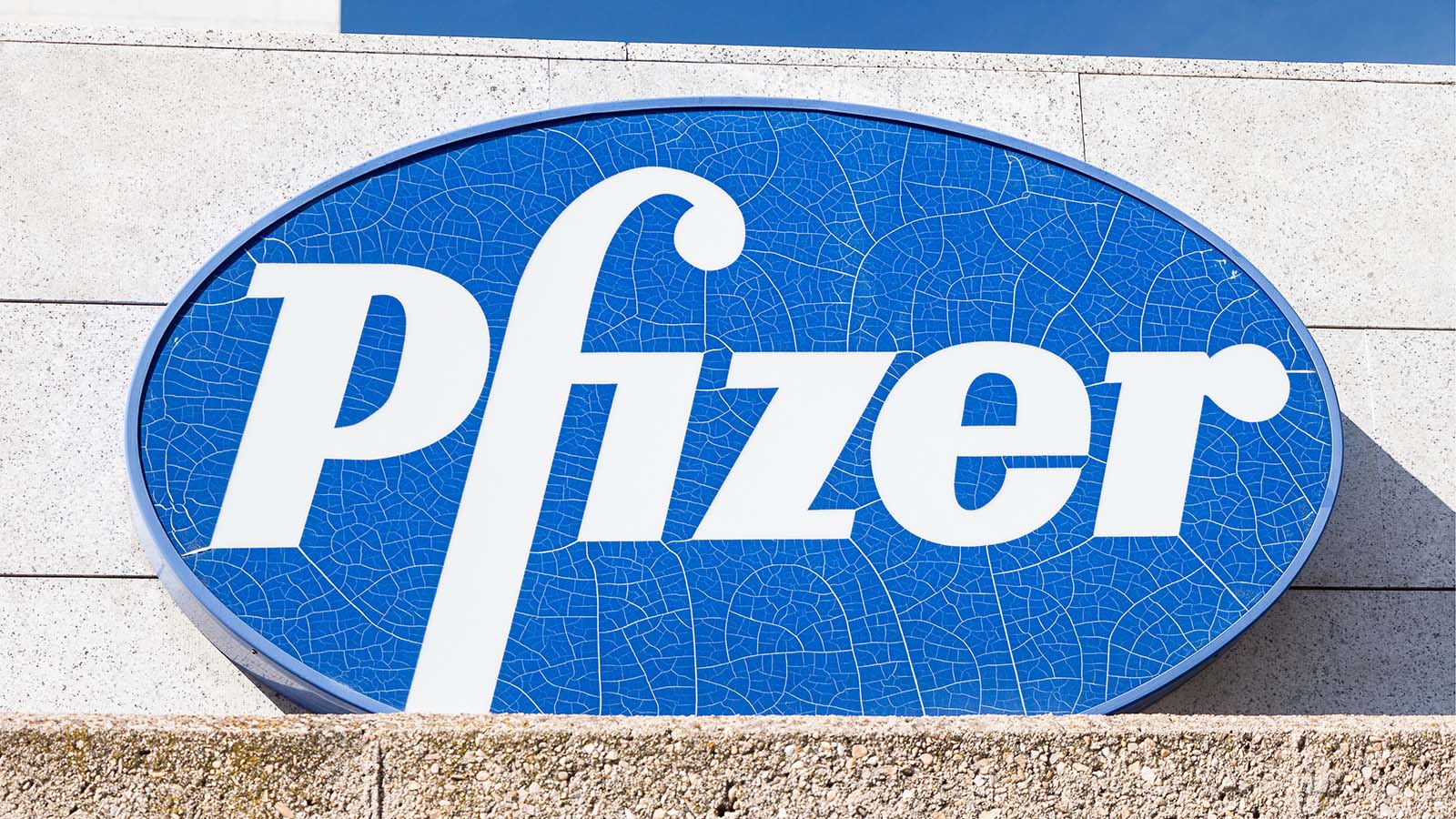The phenomenal results of its Covid-19 vaccine has propelled Pfizer (NYSE:PFE) stock since late October, with the gain at about 15%. Of course, there has been a general rally across the equities markets as well since it looks like the economy will get back on track next year.

The effectiveness of the vaccine turned out to be much better than expected (the clinical trial had about 44,000 patients). And so was the timeline. The vaccine was the fastest ever developed. It beat the prior record of four years for the mumps. On average, it takes about a decade to develop a vaccine.
But with Pfizer stock, what can investors expect now? Well, I think the bull case is still solid. While the impact of the vaccine will be transformative, there are certainly other important drivers for Pfizer’s core business as well.
So, let’s take a look:
The Right Stuff
The Apollo program during the 1960s – which led to the landing of a man on the moon – was the result of huge spending, scientific ingenuity and leadership. It was President John F. Kennedy who set forth the lofty goal to achieve this historic milestone by the end of the decade.
I think something similar has happened again – but this time with the fight against a horrible Covid-19 virus.
Yet earlier in the year, it seemed that creating an effective vaccine could take years. But this was unacceptable. And a myriad of biotech and pharmaceutical companies took on the challenge.
In the case of Pfizer, the company’s CEO, Albert Bourla, was completely hands-on and kept driving his team to do the impossible (you can read about it in an inspirational story in the Wall Street Journal). He was also smart to partner with BioNTech (NASDAQ:BNTX) to leverage cutting-edge use of messenger RNA, or mRNA. This involved a genetic approach that simulated the virus and spurred an immune response. This was done by essentially reprogramming proteins like a software program!
But there was a big issue: mRNA had never been approved before. Oh, and the rRNA approach created 20 vaccines. In other words, there had to be a fast way to winnow things out. This required a complete rethinking of the traditional development process. So for Pfizer, the company was able to compress the workflows.
This involved using unconventional approaches like submitting data to regulators on a daily basis. Pfizer even rejected federal funding so as to have more control and flexibility. And even without having all the data, Bourla would still invest huge amounts in building the manufacturing for the vaccine and the systems for the distribution (such as with sophisticated refrigerators to store it).
For the company of the scale of Pfizer, the company demonstrated incredible ability. The vaccine will also have benefits that go beyond the boosting of revenues in the coming years (it could easily be over $20 billion on an annual basis). But Pfizer will also benefit from the use of the mRNA technology and the innovative processes. For example, this could lead the creation of breakthrough drugs for cancer or even AIDS.
And because Covid-19 will require a global effort, this will be another opportunity for Pfizer. It will allow the company to bolster its footprint in developing countries — opening up new revenue streams for its other treatments.
Bottom Line On Pfizer Stock
Pfizer has a set of top drugs on the market, such as Prevnar 13 and IBRANCE. There is also a robust pipeline of candidates that address categories like oncology and rare diseases.
And even with the runup in Pfizer stock, the valuation is still reasonable. The forward price-earnings ratio is about 14x and the dividend yield is 3.8%. Thus, for investors looking for a good long-term holding in the healthcare industry, Pfizer stock is a pretty good choice, especially given the potential massive impact from its Covid-19 effort.
On the date of publication, Tom Taulli did not have (either directly or indirectly) any positions in any of the securities mentioned in this article.
Tom Taulli (@ttaulli) is the author of various books on investing and technology, including Artificial Intelligence Basics, High-Profit IPO Strategies and All About Short Selling. He is also the author of courses on topics like the Python language and COBOL.
